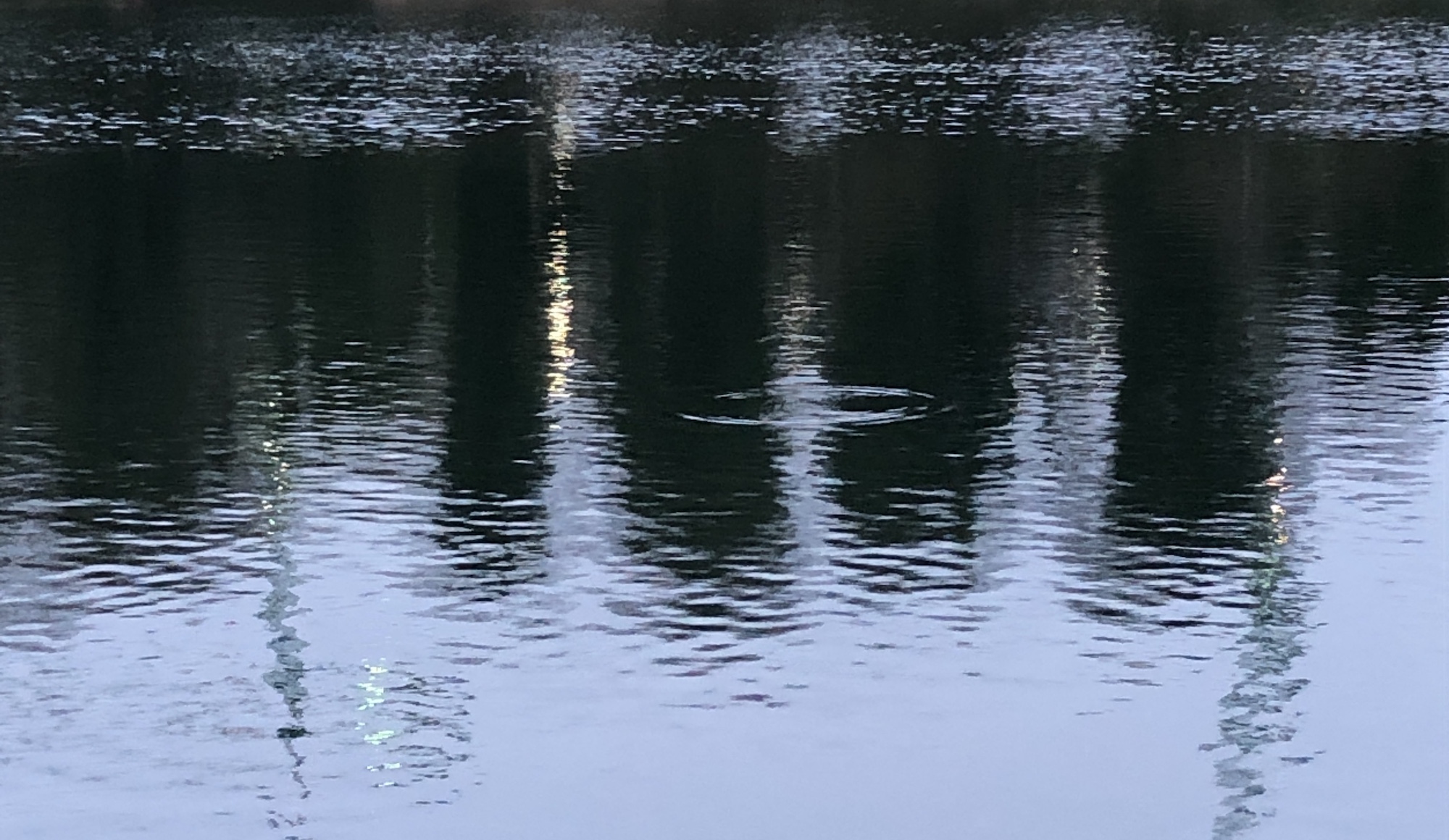Let My People GoListen

The tenth plague
During the night Pharaoh summoned Moses and Aaron and said, "Rise up, and get you forth from among my people, both ye and the children of Israel. Go, worship the Lord as you have requested. Take your flocks and herds, as you have said, and go." — Exodus, 12:31-32
There are many ways to understand the situation we currently find ourselves in. Here's one way, drawing on ancient metaphor. We are in the midst of the tenth plague, as described in the book of Exodus. Briefly, the Israelites are enslaved in Egypt, and Yahweh, the God of Israel (through the prophet Moses) asks that His people be released. Pharaoh's hard-hearted refusal results in plague after plague being cast on Egypt, each followed by an opportunity for Pharaoh to rethink his position, as Moses speaks the refrain, "Let my people go". It takes ten plagues, each one worse than the last for Pharaoh to relent.
Our pharaoh today could be considered the capitalist patriarchy, which has enslaved all of us, for centuries on end. No natural disaster, world war, peasant uprising, violent revolution or peaceful religious dissent has been able to release us from its grip, and each time the heart of capitalism is hardened, its resolve strengthened. In recent times capitalism has withstood the plagues of communism, the suffragette movement, trade unions, the peace and love movement, Occupy Wall Street and Extinction Rebellion, each in its own way crying "let my people go". Capitalism barely batted an eyelid. But this, the COVID19 coronavirus, this is a plague too far, and capitalism quivers in its onslaught.
In the UK we are witnessing Boris Johnson's recently elected, free-market-loving conservative party transform (albeit unwillingly) into the most socialist government this country has known since the post-war years when Clement Attlee's Labour government established the welfare state and nationalised major industries and public utilities. Most other countries (with the notable exception of the USA*) are on a similar socialist trajectory. It's inevitable. Pharaoh finally surrendered and freed the Israelite slaves under the threat of the mass death of his own people. Our governments are doing the same.
When this is all over (by some definition of 'over') it'll be interesting to see if we have a gentler, kinder, more compassionate world order, or if the Powers That Be react exactly as their ancient prototype did.
When the king of Egypt was told that the people had fled, Pharaoh and his officials changed their minds about them and said, "What have we done? We have let the Israelites go and have lost their services!" — Exodus, 14:5
And in the meantime we adjust to our new, strange, quiet reality, each in our own way. With fear-mongering, tales of domestic violence and predictions of doom entering one ear, and uplifting stories of community creation, natural resource regeneration† and lives saved‡ entering the other, our heads are filled with fear and wonder, our brains oscillating madly between the two extremes. On some days its hard to make sense of this at all, on other days this slowing down, this halting seems the most natural, inevitable consequence of the preceding decades of compulsive competition and consumerism. Of course we've arrived here!
My own way of navigating this new reality is to take a three-month sabbatical from work to pause and reflect, to build, make, create, to parent, to husband, to read, study and scribble, to clean and reorganise, to run. My work wouldn't translate well to a virtual environment and I think the effort to thus force it would leave me sad, and rather empty. I'll sit this out for now, and reassess come the summer solstice. Like all of us, my reality has changed. The old way has died and the new way not yet born. A period of mourning seems appropriate right now; grief is not to skirt around, but to enter into, so we may come through, changed.
* Record 3.3m Americans file for unemployment as the US tries to contain Covid-19 by Dominic Rushe and Amanda Holpuch, The Guardian, 26 March 2020
† e.g. Nature is taking back Venice': wildlife returns to tourist-free city by John Brunton, The Guardian, 20 March 2020 & What the Coronavirus Means for Climate Change by Meehan Crist, The New York Times, 27 March 2020
‡ COVID-19 reduces economic activity, which reduces pollution, which saves lives by Marshall Burke, G-Feed, 8 March 2020
31 March 2020